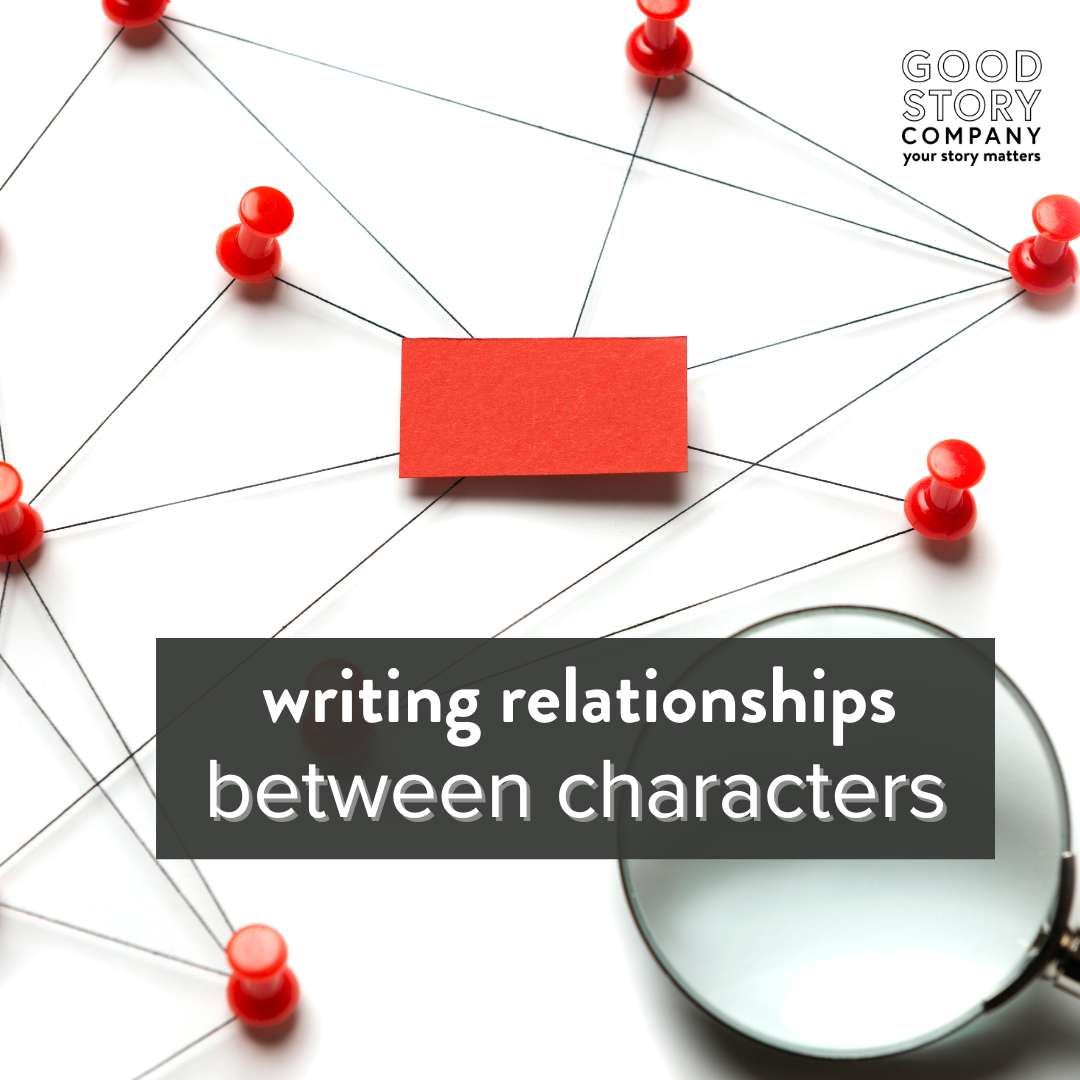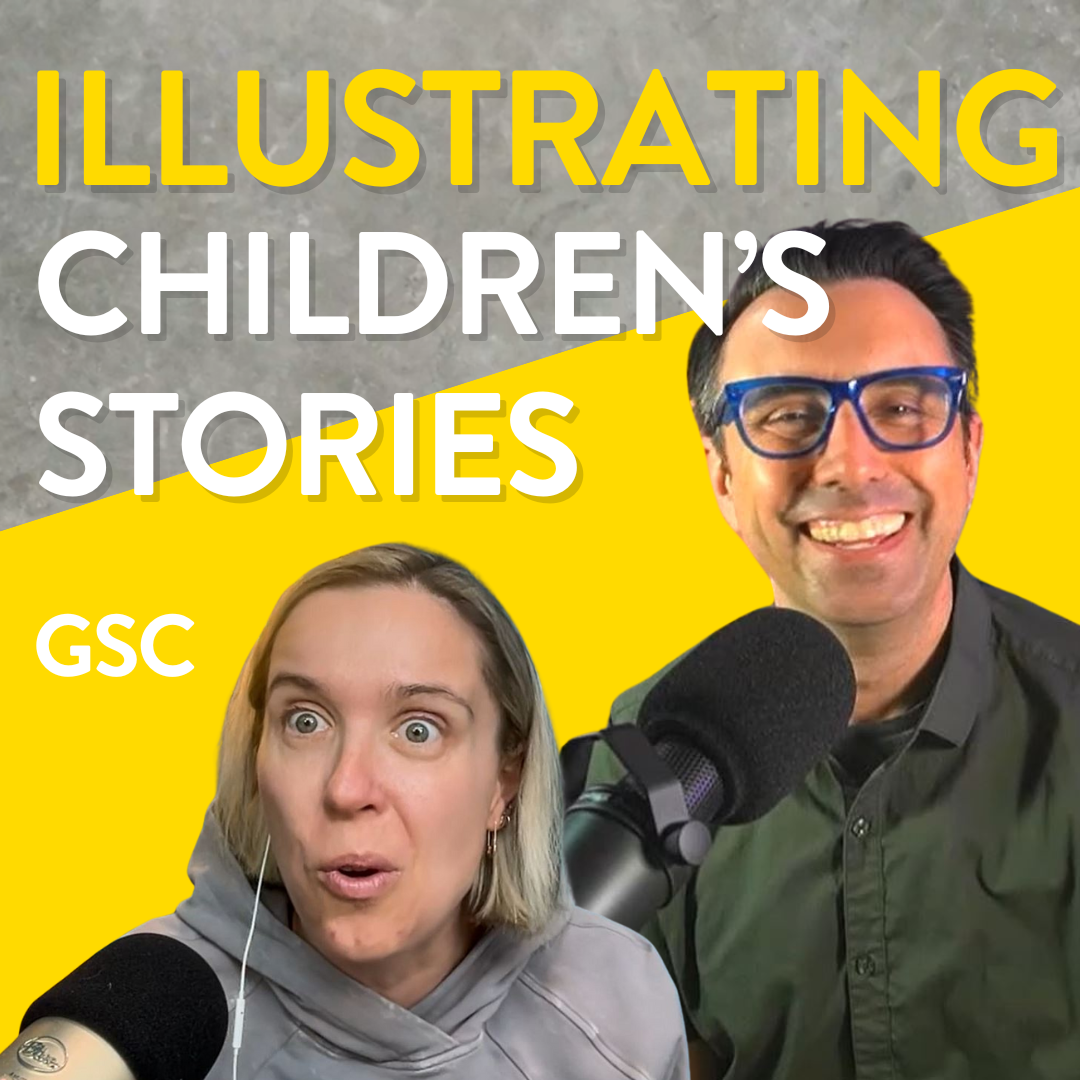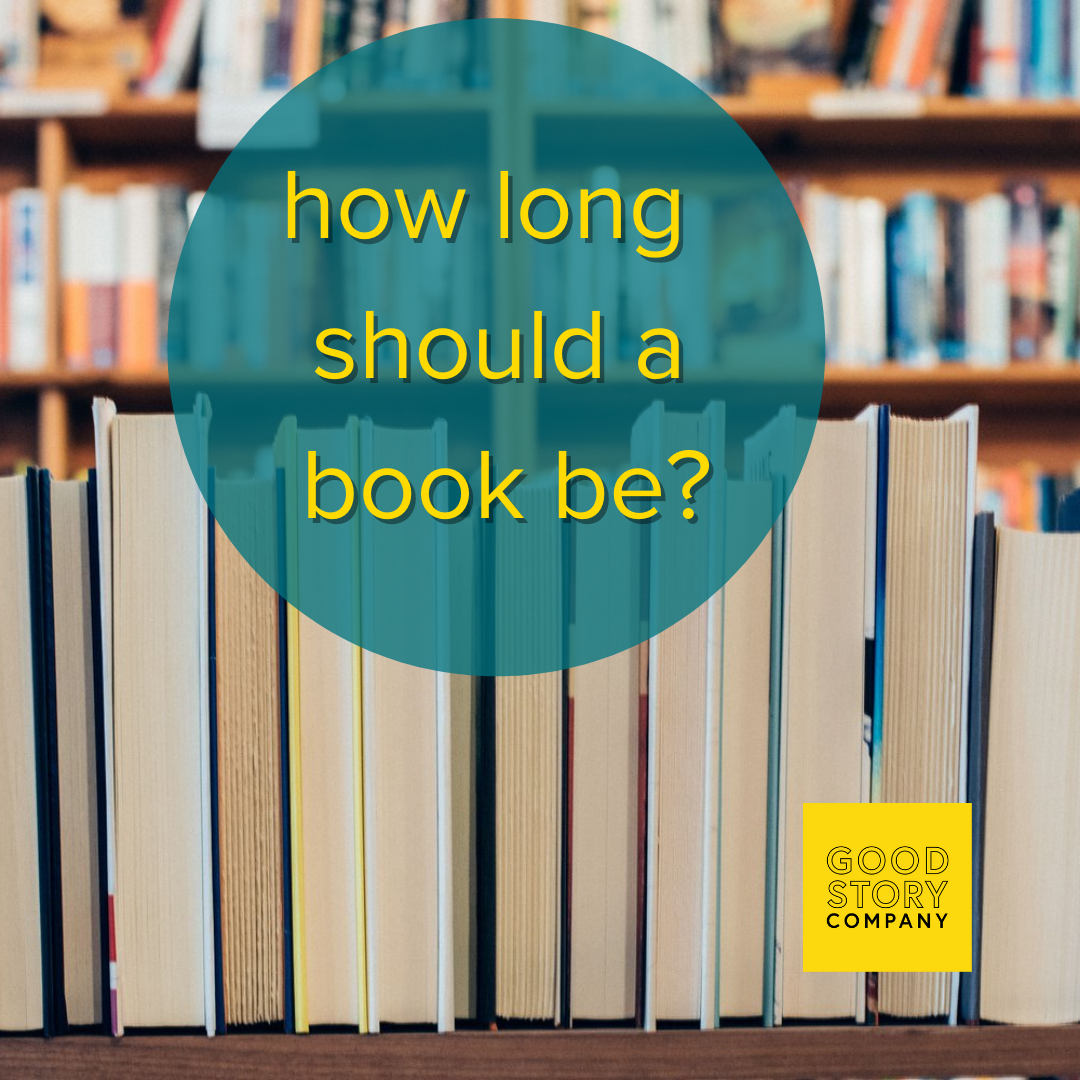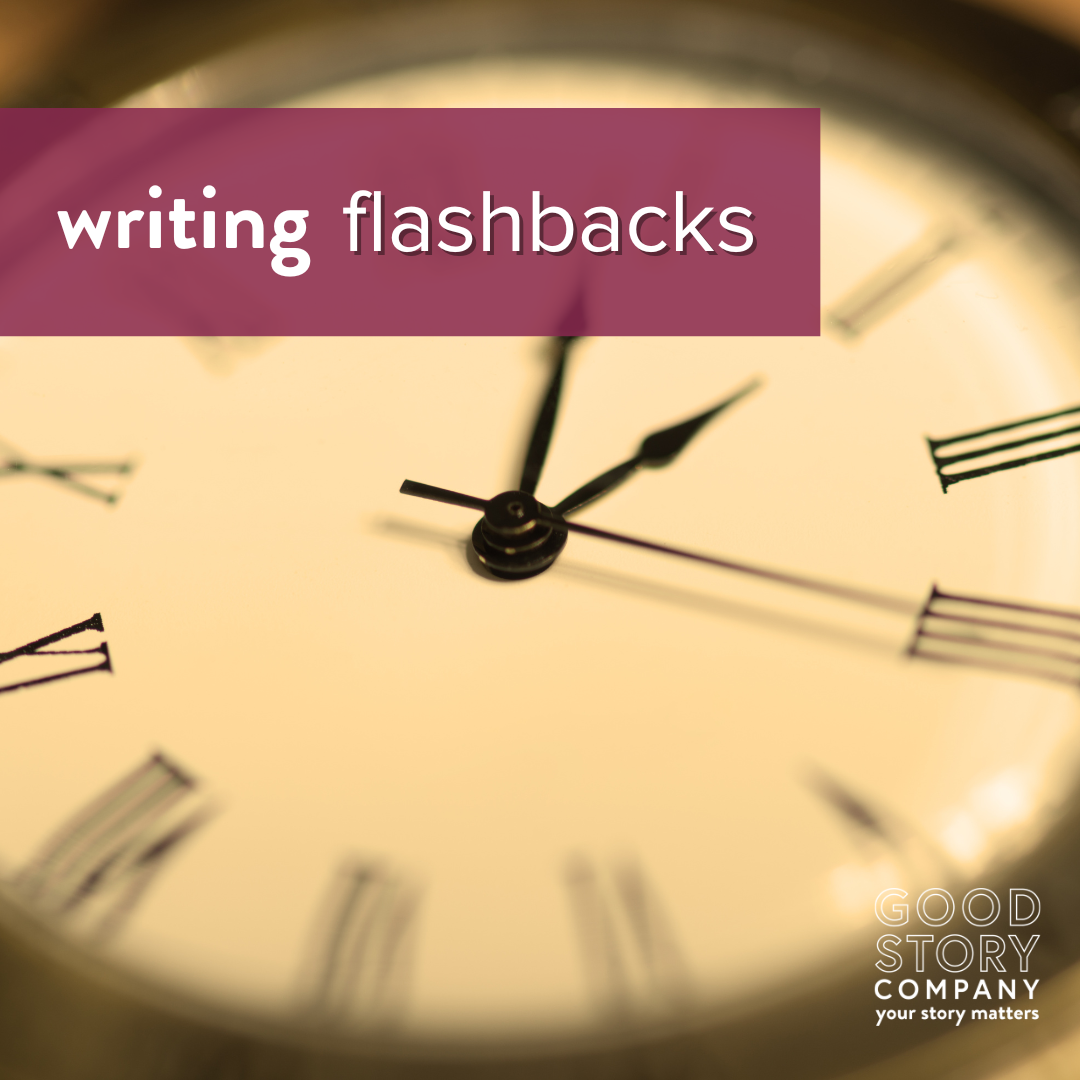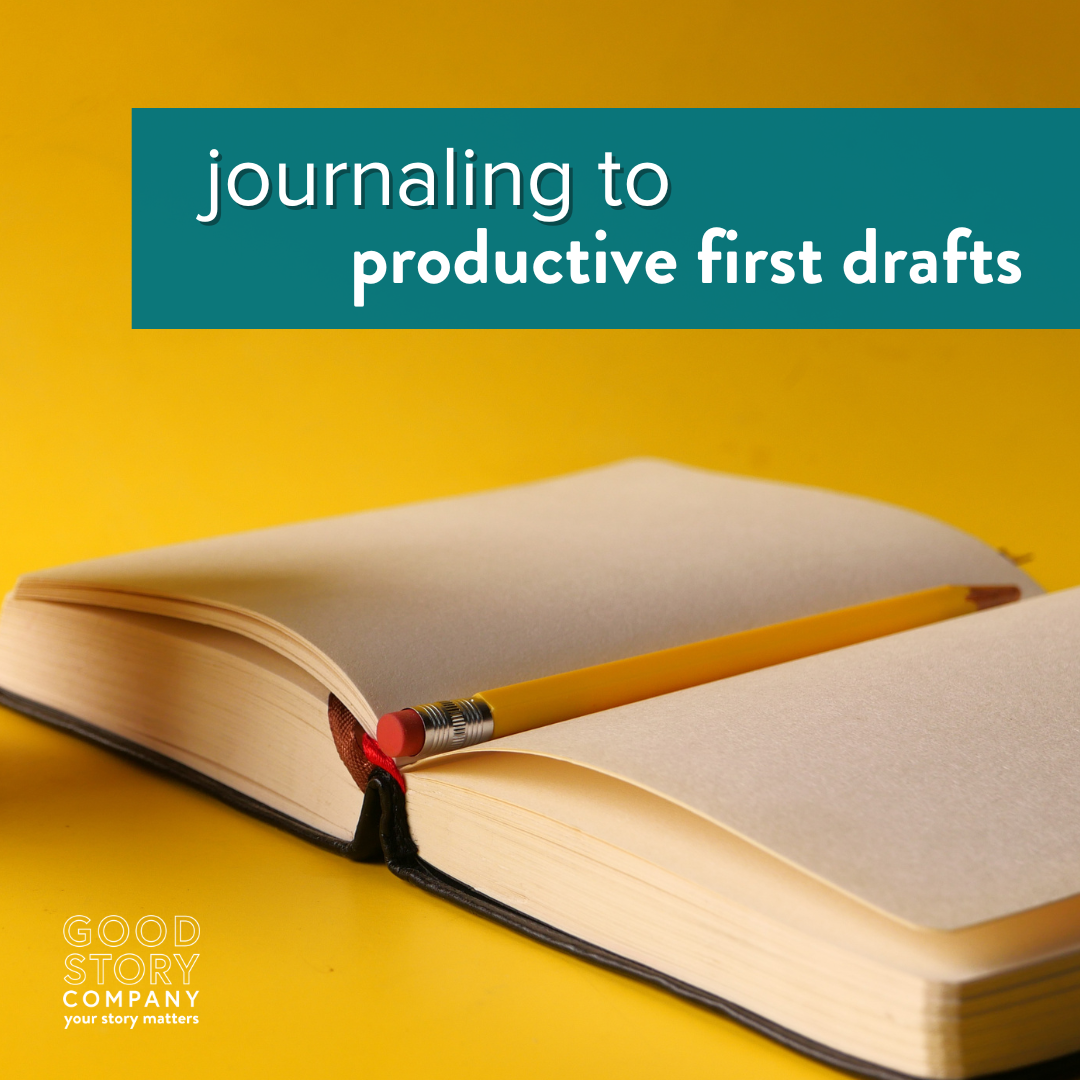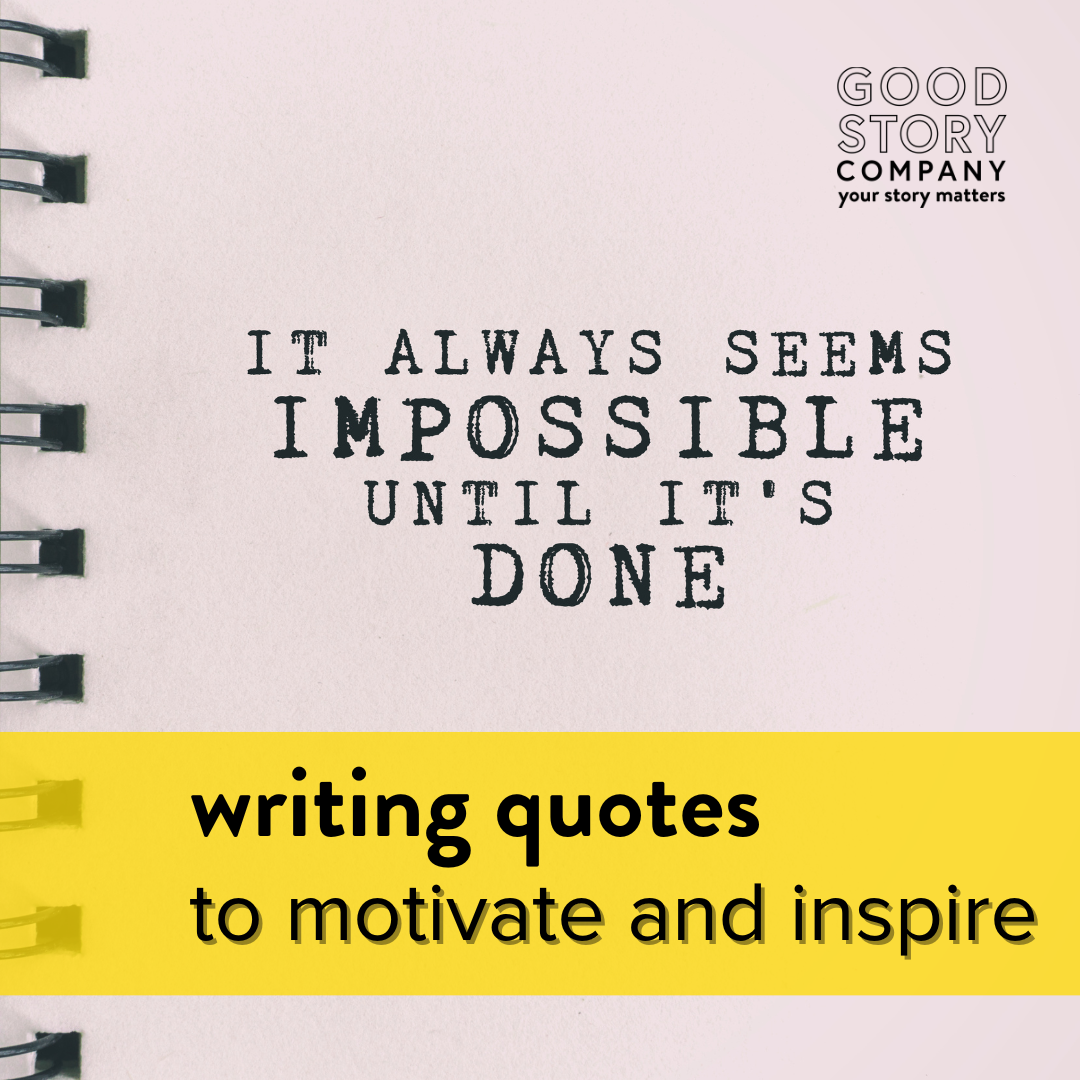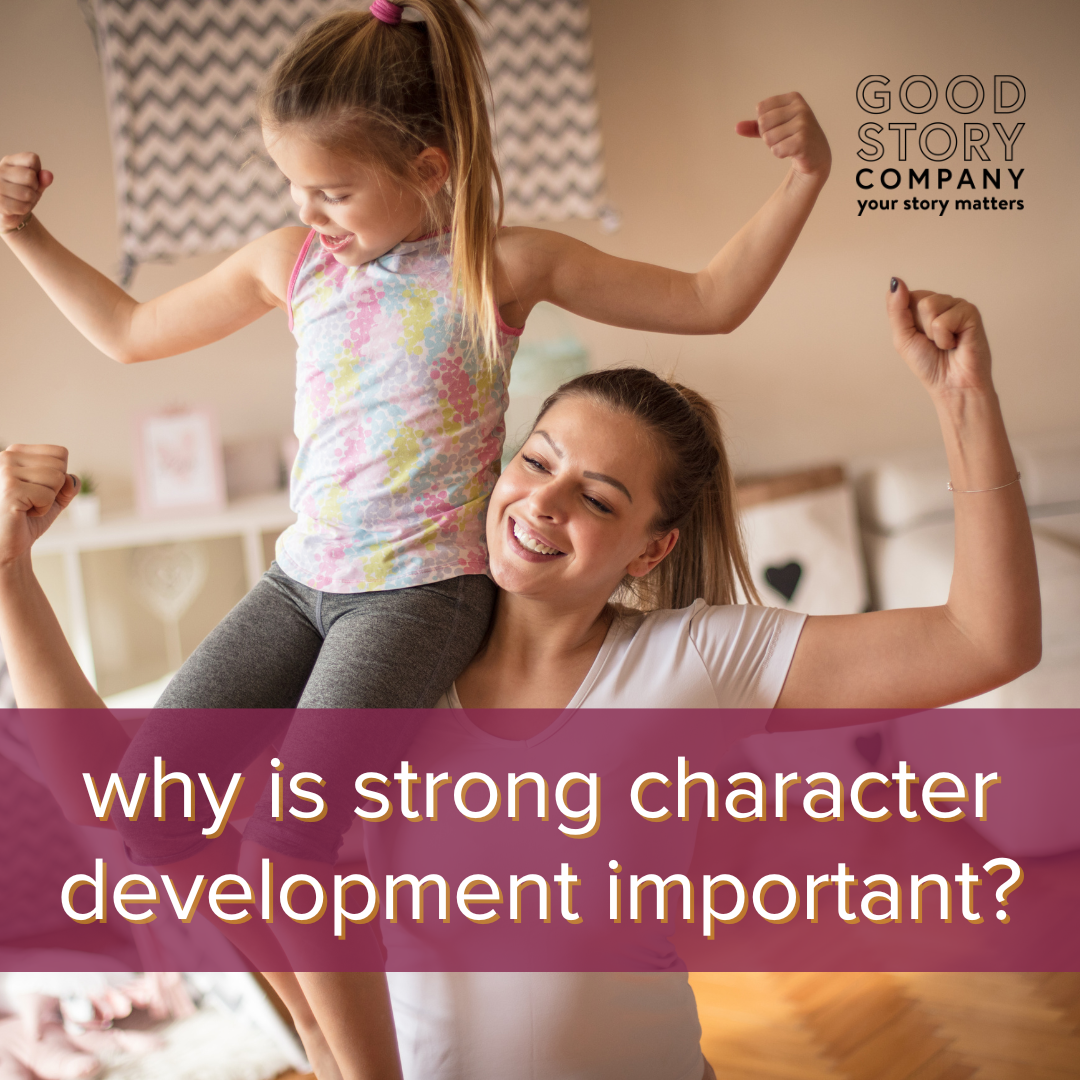
Episode 48: Niña Mata, Author-Illustrator
Children’s author-illustrator Niña Mata joins the Thriving Writers Podcast to chat about her publishing journey—from illustrating educational materials, working with Olympian athletes, to finally writing her own stories! Listen to hear Niña share some tips on what illustrators gravitate towards in manuscripts and ways writers can make the collaborative process smoother.
Story Physics: Reaction Beats
Newton’s third law says every action will have an equal but opposite reaction. This is true in stories, too … or at least it should be. How do we get to know characters, even as they flit from one conflict-ridden chase scene to the next? Through reaction beats.
How to Write Active Dialogue
Writing dialogue is tricky. It seems like it should be the simplest part of the process, because we’re all familiar with what conversations sound like. There’s a difference, though, between a conversation you might have and how to write active dialogue in your story.
Writing Relationships Between Characters
Populating your world with interesting people can make readers care about your story, and writing relationships between characters can inspire them to ship, daydream, and root for your characters. Here’s how to help them come alive on the page as real, believable people.
Episode 41: Jarrett J. Krosoczka, NYT Bestselling Author/Illustrator
NYT bestselling author/illustrator Jarrett Krosoczka shares the challenges and gratifications of reaching across different age categories and the importance of illustrations in storytelling. Listen to hear his tips on writing within established franchises (like Star Wars), how to pivot a picture book idea into a graphic novel series, and memoir writing.
Healing Writer Burnout
Writer burnout is a cousin to writer’s block, with a few key differences. Both states leave you feeling like you should write, you need to write, but you just can’t. I’ll share five tips that’ll help you recover from writer burnout.
How to Cure Writer's Block
Regardless of who I’m talking to—an audience of kid readers, or a group of teachers at a workshop, the most common question I receive is: how to cure writer’s block?
How Long Should a Book Be?
Writers have a love-hate relationship with word count. It’s one of the necessary evils we deal with to determine if a manuscript meets an acceptable published length. So how long should a book be? Here’s a guide to help you answer.
Writing Flashbacks
Writers are often cautioned away from flashbacks, but they can connect the dots between the past and who the characters are now. Read on for tips on writing flashbacks that function well.
Journaling to Productive First Drafts
In a world where life constantly competes for our time, we don’t have the luxury of writing twelve to fifteen drafts of something before we can say it’s done. We need to work smarter, not longer. We need to write productive first drafts.
Crafting Your Novel’s First Line
Your first line must grab the reader’s attention and make them not want to put your book down until they get to the last page. So, what makes a great first line? Here are some tips on how to make your novel’s first line zing!
How to Describe Emotion
We want our readers to connect emotionally to our characters and to feel their pains and struggles—but it can be tricky to know how to describe emotion to create that connection. Here are some effective ways to describe emotion.
List of Character Reactions
Reactions go beyond what a character’s body does in the moment. Check this list for ideas for digging your characters out of their physical clichés and moving your story forward.
Writing Quotes To Motivate and Inspire
Pithy writing quotes can motivate and inspire with just a few words. We’ve put together some of our favorites to keep you motivated when the going gets tough.
Daily Writing Practice: Five Tips For Writing More
Having a daily writing practice is one of the best ways to improve your writing. The more you write, the more you’re able to learn about your style and voice. So, here are five tips to make this dream a reality.
Pop Culture References in Fiction
The question of whether to include pop culture references in fiction can be a sticky one, especially for YA authors, whose target audience is often hyper-aware of pop culture trends.
Why is Strong Character Development Important?
Strong character development arcs make better stories. Here are some tips on writing characters that readers will connect with and root for.
Writing About High School in Young Adult Fiction
You’ve got the perfect idea for your YA novel, but don’t forget about the setting! Most young adults go to school for six-plus hours a day, five days a week, so it’s the perfect setting for teen angst, romance, coming of age, and humor. Here are some tips for writing about high school in young adult fiction.
Writing Believable Characters
We know a believable character when we see one. We know what they want, how they feel, and that they’ll be different at the end of the story than they were at the beginning. Here’s how to make sure they’re connecting with your reader.
Writing Good Sentences
Writing good sentences is at the heart of telling a good story. However, it’s not the first issue to tackle in revisions. First, finish your draft. Second, step away from your manuscript. Third, edit macro issues such as plot holes, character development, and story arc. Don’t fret about sentence craft until the bones of the story are in place and working well.




